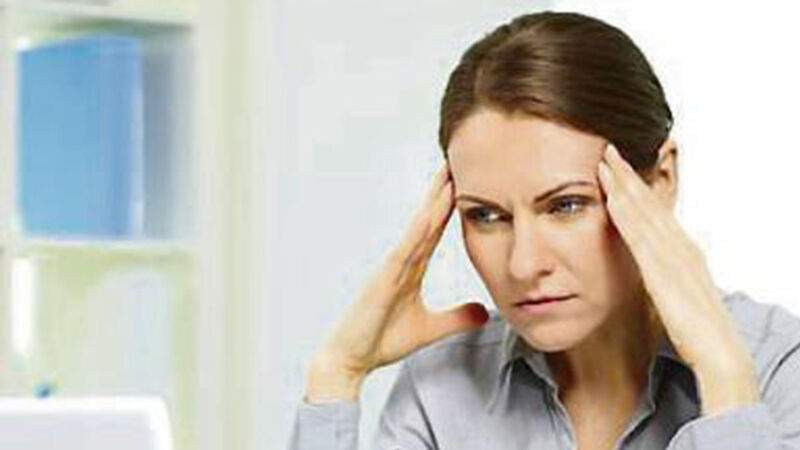Still a long way to go on gender equality

The women, and men, who will mark the 1916 centenary next year enjoy opportunities in education, careers, and travel, in access to health services and the protection of legislation that champions social and human rights that the 1966 generation could hardly have imagined much less anticipated. We also enjoy, comparatively at least, unmatched material comfort and security.
Our membership of the EU has been a driving force in this evolution. Membership made us face our obligations and knocked the dust off old, hide-bound conventions that had become anachronisms preventing social progress. Despite those great advances — remember, until 1974 women had to quit public service jobs when they married — huge challenges around gender equality remain and must be resolved. This, unfortunately, is still a far from equal society.














